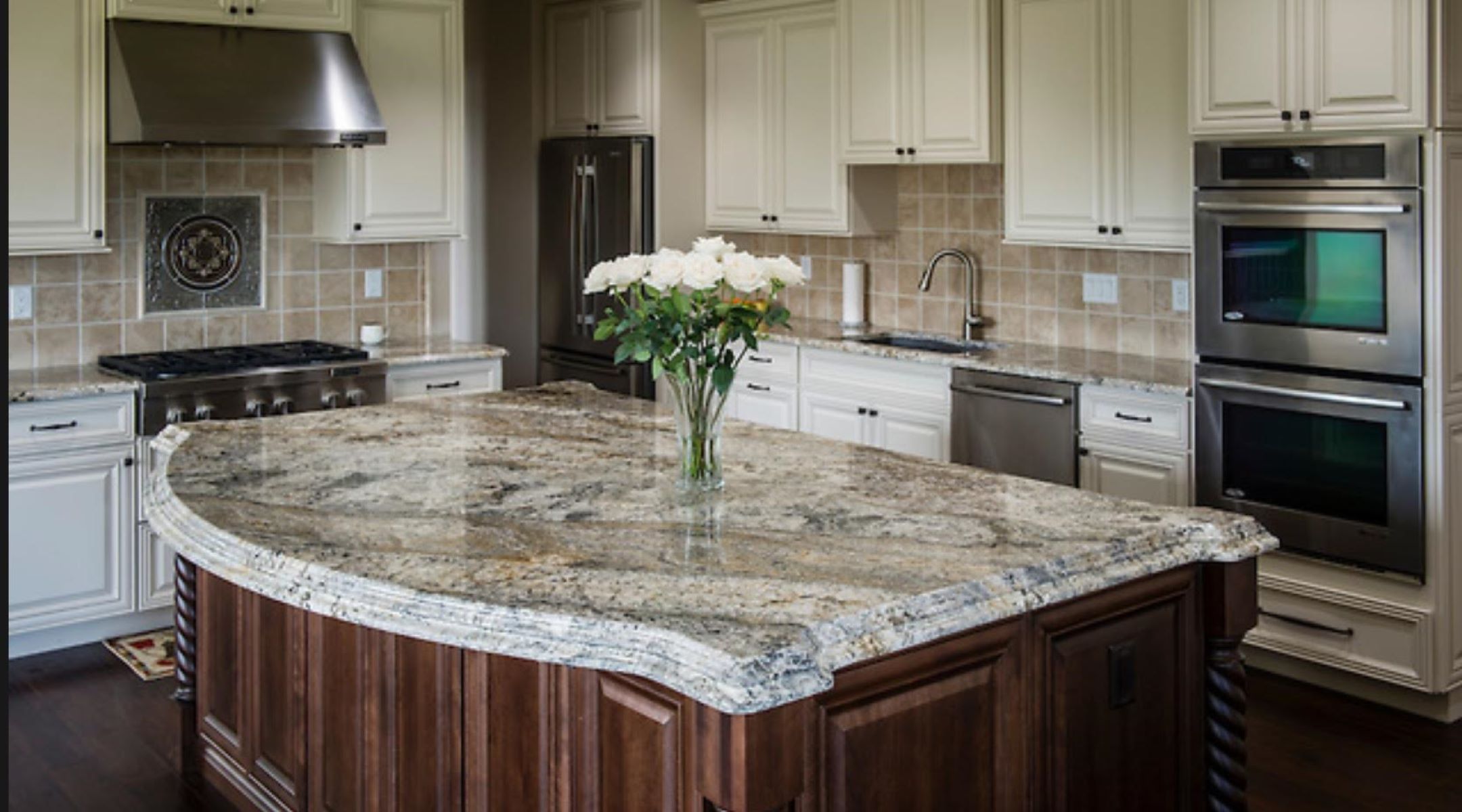

Articles
What Does Granite Countertops Look Like
Modified: January 18, 2024
Discover the beauty of granite countertops through our informative articles. Learn what granite countertops look like and how they can enhance your kitchen or bathroom.
(Many of the links in this article redirect to a specific reviewed product. Your purchase of these products through affiliate links helps to generate commission for Storables.com, at no extra cost. Learn more)
Introduction
Welcome to the world of granite countertops! If you’re considering upgrading your kitchen or bathroom, granite is an excellent choice that brings both elegance and durability to any space. With its timeless beauty and remarkable strength, granite has become one of the most popular materials for countertops.
Granite is a natural stone that forms from the slow cooling of molten magma deep within the Earth’s crust. This process creates a unique blend of minerals, resulting in the stunning array of colors and patterns that are characteristic of granite countertops.
In addition to its aesthetic appeal, granite countertops offer numerous benefits. They are scratch-resistant, heat-resistant, and stain-resistant, making them a practical choice for any busy household. Plus, with proper care and maintenance, they can last a lifetime.
In this article, we’ll explore the characteristics, colors, finishes, maintenance, and cost of granite countertops. Whether you’re a homeowner, a designer, or a contractor, this guide will provide you with the essential information you need to make an informed decision when it comes to choosing the perfect granite countertops for your space.
Key Takeaways:
- Granite countertops offer timeless beauty, durability, and resistance to stains and bacteria, making them a luxurious and practical choice for any kitchen or bathroom.
- While granite countertops come with a higher initial cost and require regular maintenance, their wide range of colors and patterns, along with their potential to increase property value, make them a valuable investment for any home.
Read more: What Are Granite Countertops
Characteristics of Granite Countertops
Granite countertops possess a unique set of characteristics that set them apart from other countertop materials. Understanding these characteristics can help you appreciate the beauty and durability of granite:
- Natural Beauty: Granite countertops showcase the natural beauty of the stone, with its intricate veining, stunning colors, and rich textures. Each slab of granite is unique, adding a touch of individuality to your space.
- Strength and Durability: Granite is an incredibly strong and durable material, making it resistant to scratches, impacts, and heat. It can withstand the daily wear and tear of a busy kitchen without losing its luster.
- Low Porosity: Granite is a naturally dense stone, meaning it has a low porosity. This makes it resistant to stains and water damage, as it doesn’t absorb liquids like other countertop materials.
- Chip and Crack Resistance: While granite is durable, it is not entirely immune to chips and cracks. However, with proper care and maintenance, the chances of damage occurring are significantly reduced.
- Resistance to Bacteria: Granite countertops are naturally resistant to bacteria, making them hygienic and easy to clean. This makes them an excellent choice for kitchens and bathrooms where cleanliness is a top priority.
- Affordability: Granite countertops are available in a wide range of price points, making them suitable for various budgets. The cost depends on factors such as the rarity of the stone, the origin, and the complexity of the fabrication.
These characteristics make granite countertops a popular choice for homeowners, interior designers, and contractors alike. Whether you’re looking to improve your kitchen’s functionality or enhance the aesthetics of your bathroom, granite countertops offer the best of both worlds – beauty and durability.
Colors and Patterns of Granite Countertops
One of the most enticing aspects of granite countertops is the vast array of colors and patterns they come in. From subtle neutrals to bold and dramatic hues, there is a granite countertop to suit every style and design preference. Here are some of the popular colors and patterns available:
- Neutral Tones: Neutral tones such as beige, cream, and brown are timeless choices for granite countertops. These colors provide a classic and versatile look that can easily blend with any kitchen or bathroom décor.
- Earthy Hues: Earthy hues, including green, grey, and tan, bring a natural and organic feel to your space. These colors can create a calming and soothing ambiance, perfect for those who prefer a more rustic or nature-inspired aesthetic.
- Black and White: Black and white granite countertops exude elegance and sophistication. The contrast between the dark and light shades adds visual interest and can complement a modern or minimalist design theme.
- Multicolored Options: For those who crave a bold and dynamic look, multicolored granite countertops are the way to go. These stones feature a mesmerizing combination of colors, veining, and patterns that create a truly unique and eye-catching focal point in any room.
When it comes to patterns, granite countertops offer an endless variety. From speckled and mottled patterns to flowing and veined designs, there is no shortage of options to choose from. Each slab of granite is a unique work of art, with its own distinctive patterns and markings.
It’s important to note that the appearance of granite countertops can vary based on the lighting conditions and the specific slab you choose. It’s always a good idea to view and select the actual slab before making a purchase to ensure it matches your vision.
With the wide range of colors and patterns available, granite countertops allow you to express your personal style and create a truly customized space. Whether you prefer a subtle and understated look or a bold and dramatic statement, granite countertops offer endless possibilities for transforming your kitchen or bathroom.
Finishes for Granite Countertops
Choosing the right finish for your granite countertops is an important decision that can greatly impact the overall look and feel of your space. The finish refers to the surface treatment applied to the granite slab, and each finish offers a unique texture and visual effect. Here are some common finishes for granite countertops:
- Polished Finish: The polished finish is the most popular choice for granite countertops. It is achieved by grinding and buffing the surface of the stone to a high-gloss shine. This finish enhances the natural colors and patterns of the granite, making it appear vibrant and luxurious.
- Honed Finish: The honed finish has a smooth, matte appearance with a slight sheen. It is achieved by grinding the surface of the granite to a smooth finish, but not polishing it to a high-gloss shine. This finish gives the granite a soft and understated look, perfect for those who prefer a more subtle and natural aesthetic.
- Leathered Finish: The leathered finish has a textured, pebbled appearance that resembles the feel of leather. It is achieved by brushing the surface of the granite with diamond-tipped brushes. This finish adds depth and character to the stone, while also providing a tactile experience.
- Flamed Finish: The flamed finish has a rough, textured surface that is created by exposing the granite to intense heat and then rapidly cooling it. This finish is commonly used for outdoor applications, as it provides excellent slip resistance and durability.
- Brushed Finish: The brushed finish has a smooth, satin-like appearance that is achieved by brushing the surface of the granite. This finish offers a slight texture and adds warmth to the stone, making it ideal for creating a cozy and inviting atmosphere.
The choice of finish for your granite countertops depends on your personal preference, the style of your space, and the level of maintenance you are comfortable with. Polished and honed finishes are more common for indoor applications, while flamed and brushed finishes are often used for outdoor areas.
Before making a decision, it’s a good idea to consider the overall aesthetic you want to achieve and the level of maintenance each finish requires. Keep in mind that certain finishes may be more susceptible to visible fingerprints, water spots, or scratches. Consult with a professional to discuss the best finish options for your specific needs.
With the variety of finishes available, you can customize your granite countertops to match your aesthetic vision and create a truly unique and beautiful space.
Granite countertops have a natural, unique appearance with speckled patterns and a glossy finish. They come in a variety of colors, including white, black, gray, and earth tones. When choosing granite, consider the overall aesthetic of your space and the maintenance required for different colors and patterns.
Maintenance and Care for Granite Countertops
Proper maintenance and care are essential to keep your granite countertops looking beautiful and ensuring their longevity. While granite is a durable material, it still requires regular upkeep to preserve its natural beauty. Here are some tips for maintaining and caring for your granite countertops:
- Sealing: Granite countertops should be sealed to protect them against stains and spills. Most granite slabs come pre-sealed, but it is recommended to reseal them every 1 to 3 years, depending on the type of granite and the usage of your countertops. Consult with your supplier or a professional to determine the appropriate sealing schedule.
- Cleaning: Regularly clean your granite countertops with a mild dish soap and warm water. Avoid using harsh cleaners, acidic substances, or abrasive scouring pads, as they can dull the finish and cause etching. Dry the surface thoroughly after cleaning to prevent water spots.
- Protecting from Heat and Scratches: While granite is heat-resistant, it is advisable to use trivets or hot pads under hot pans, pots, and appliances to prevent any potential damage. Additionally, use cutting boards and avoid directly cutting or chopping on the granite surface to prevent scratches.
- Avoiding Certain Substances: Granite countertops are sensitive to acidic substances like citrus juices, vinegar, and harsh chemicals. Wipe up any spills immediately to prevent them from penetrating the stone and causing stains. Also, avoid using abrasive cleaners or scrubbing pads to maintain the surface integrity.
- Preventing Impact Damage: While granite is resistant to impacts, it is still susceptible to chipping or cracking if heavy objects are dropped on it. Take caution when handling and moving heavy items to avoid any potential damage.
- Regular Inspections: Periodically inspect your granite countertops for any signs of damage or issues, such as cracks, chips, or loose seams. Addressing these problems early can prevent further damage and prolong the lifespan of your countertops.
It’s worth noting that the level of maintenance required may vary depending on the specific color and finish of your granite countertops. Additionally, following the manufacturer’s recommendations and consulting with a professional can provide valuable insights into proper care techniques specific to your granite countertops.
By implementing these maintenance and care practices, you can ensure that your granite countertops maintain their beauty and durability for years to come, and continue to be a source of pride and enjoyment in your home.
Read more: What Does A Gable Look Like?
Pros and Cons of Granite Countertops
Granite countertops are a popular choice for many homeowners due to their numerous advantages. However, like any other material, granite countertops also have their drawbacks. It’s important to consider both the pros and cons before making a decision. Here are some of the main pros and cons of granite countertops:
- Pros:
- 1. Durability: Granite is a highly durable material, resistant to scratches, heat, and impacts. It can withstand the daily wear and tear of a busy kitchen or bathroom.
- 2. Timeless Beauty: Granite countertops offer a timeless beauty that can enhance the overall aesthetics of your space. The natural variations in color and patterns make each granite slab unique and visually appealing.
- 3. Wide Range of Colors and Patterns: With an extensive variety of colors and patterns available, granite countertops offer endless design options. Whether you prefer a subtle neutral tone or a bold multicolored pattern, there is a granite slab to suit your taste.
- 4. Resistance to Stains and Bacteria: Due to its low porosity, granite is highly resistant to stains and water damage. It is also naturally resistant to bacteria, making it a hygienic choice for kitchens and bathrooms.
- 5. Increased Property Value: Adding granite countertops to your home can increase its resale value. The durability and beauty of granite are highly sought after by potential buyers.
- Cons:
- 1. High Initial Cost: Granite countertops can be more expensive compared to other countertop materials. The cost depends on factors such as the rarity of the stone, the origin, and the complexity of the fabrication.
- 2. Complexity of Installation: Installing granite countertops requires professional expertise. The slabs are heavy and need to be accurately measured and cut to fit the space. Improper installation can lead to issues such as cracks or uneven surfaces.
- 3. Requires Regular Maintenance: Granite countertops need periodic sealing to maintain their resistance to stains. Additionally, they require proper cleaning and care to prevent damage and maintain their shine.
- 4. Potential for Chipping or Cracking: Although granite is a durable material, it is not entirely immune to chips or cracks. Heavy impacts or mishandling can cause damage to the surface, requiring professional repair.
- 5. Variability in Appearance: While the natural variations in granite can be seen as a positive aspect, it can also be a drawback for some who prefer a more uniform look. It’s essential to select the specific slab of granite to ensure it meets your expectations.
Considering the pros and cons, granite countertops remain a popular choice for their durability, beauty, and unique characteristics. However, it’s crucial to weigh these factors against your budget, lifestyle, and personal preferences to make an informed decision.
Cost of Granite Countertops
When it comes to the cost of granite countertops, several factors come into play. The price of granite can vary widely depending on various factors, including the type of granite, its rarity, the origin of the stone, the thickness of the slab, and the complexity of the fabrication. Here are some key considerations when it comes to the cost of granite countertops:
- Quality and Rarity: The quality and rarity of the granite will significantly impact its price. Exotic and unique granite varieties that are more difficult to source will typically come with a higher price tag compared to more common varieties.
- Origin: The location from which the granite is sourced can affect its cost. Granite imported from distant locations may incur higher transportation fees, increasing the overall price.
- Thickness: The thickness of the granite slab can affect its cost. Thicker slabs are more expensive, but they also offer added strength and durability.
- Fabrication: The complexity of the fabrication process can impact the cost. Special edge profiles, cutouts for sinks or cooktops, and intricate designs will require more labor and may result in higher costs.
- Size of the Project: The size of the area to be covered with granite countertops will also affect the cost. Larger projects will require more material and labor, resulting in higher overall costs.
As a rough estimate, the cost of granite countertops typically ranges from $50 to $200 per square foot, including materials and installation. However, it’s important to note that this is just a general guideline, and prices may vary significantly based on the factors mentioned above.
It’s advisable to obtain multiple quotes from different suppliers and fabricators to compare prices and find the best deal. Additionally, remember to take into account the reputation, experience, and customer reviews of the suppliers or fabricators to ensure you are getting a quality product and installation.
While the initial cost of granite countertops may be higher compared to other materials, it is important to consider the long-term value and durability they offer. Granite countertops can increase the resale value of your home and provide a beautiful and functional surface that can last for decades.
Before making a decision, carefully assess your budget, desired quality and aesthetics, and the overall value proposition that granite countertops can bring to your space. With proper research and planning, you can find the right balance between cost and quality to achieve the perfect granite countertops for your home.
Conclusion
Granite countertops are a timeless and durable choice that can enhance the beauty and functionality of any kitchen or bathroom. With their natural beauty, strength, and wide range of colors and patterns, granite countertops offer a unique and luxurious appeal. However, like any material, they have their pros and cons that must be considered.
Pros of granite countertops include their durability, timeless beauty, resistance to stains and bacteria, and potential to increase property value. Granite countertops offer a wide range of colors and patterns to suit various design preferences, allowing homeowners to create a truly personalized space.
On the other hand, there are cons to be aware of. Granite countertops come with a higher initial cost compared to other materials, and they require regular maintenance and sealing to preserve their beauty. Installation can be complex and should be done by professionals to ensure a precise fit and avoid damage. Additionally, the variability in appearance and potential for chipping or cracking are factors to consider.
When it comes to the cost of granite countertops, it can vary depending on factors such as the quality, rarity, origin, thickness, and fabrication complexity. It’s important to obtain multiple quotes and consider the long-term value and durability that granite countertops offer.
In conclusion, granite countertops are a popular choice for their combination of beauty, durability, and versatility. With the proper care and maintenance, they can provide a stunning focal point in your space for years to come. Whether you’re looking to upgrade your kitchen or elevate your bathroom, granite countertops offer a touch of luxury and sophistication that can transform your home.
Consider your budget, lifestyle, and personal preferences when making a decision, and consult with professionals to ensure you choose the right type of granite, finish, and installation method for your specific needs. With careful consideration, you can enjoy the timeless beauty of granite countertops and create a space that reflects your style and personality.
Frequently Asked Questions about What Does Granite Countertops Look Like
Was this page helpful?
At Storables.com, we guarantee accurate and reliable information. Our content, validated by Expert Board Contributors, is crafted following stringent Editorial Policies. We're committed to providing you with well-researched, expert-backed insights for all your informational needs.
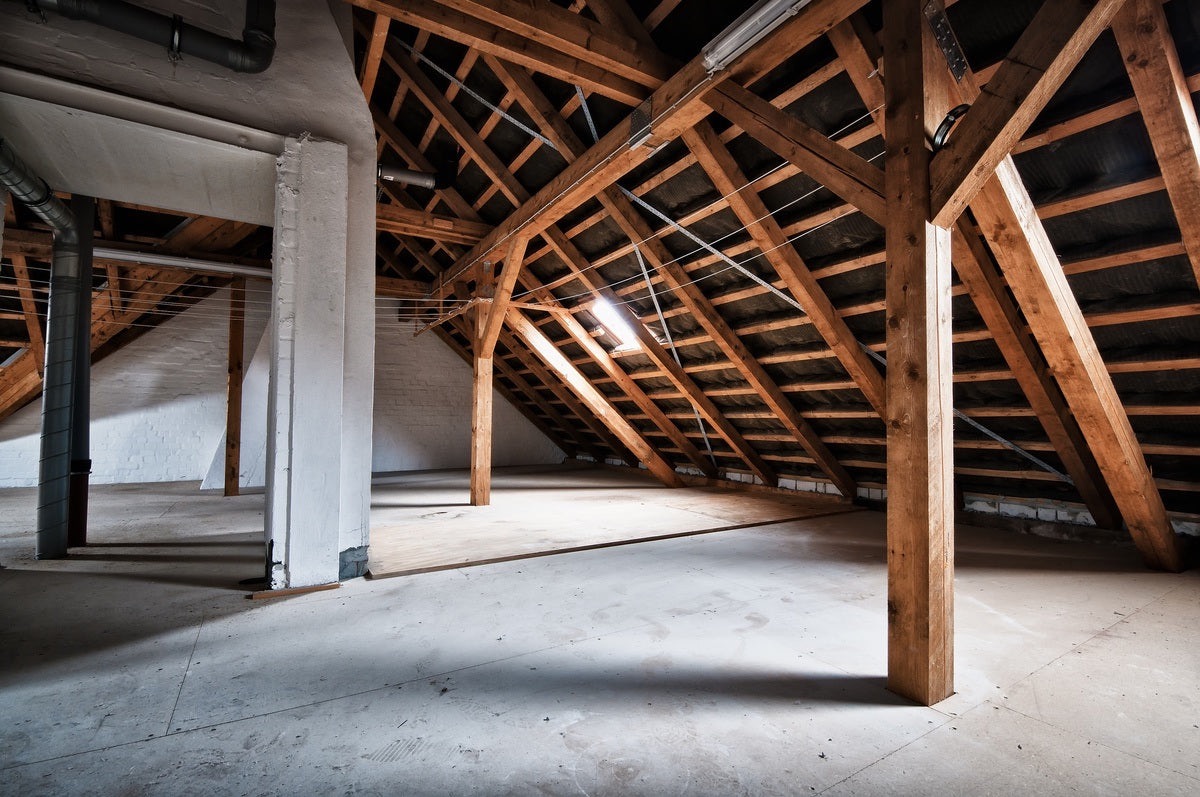
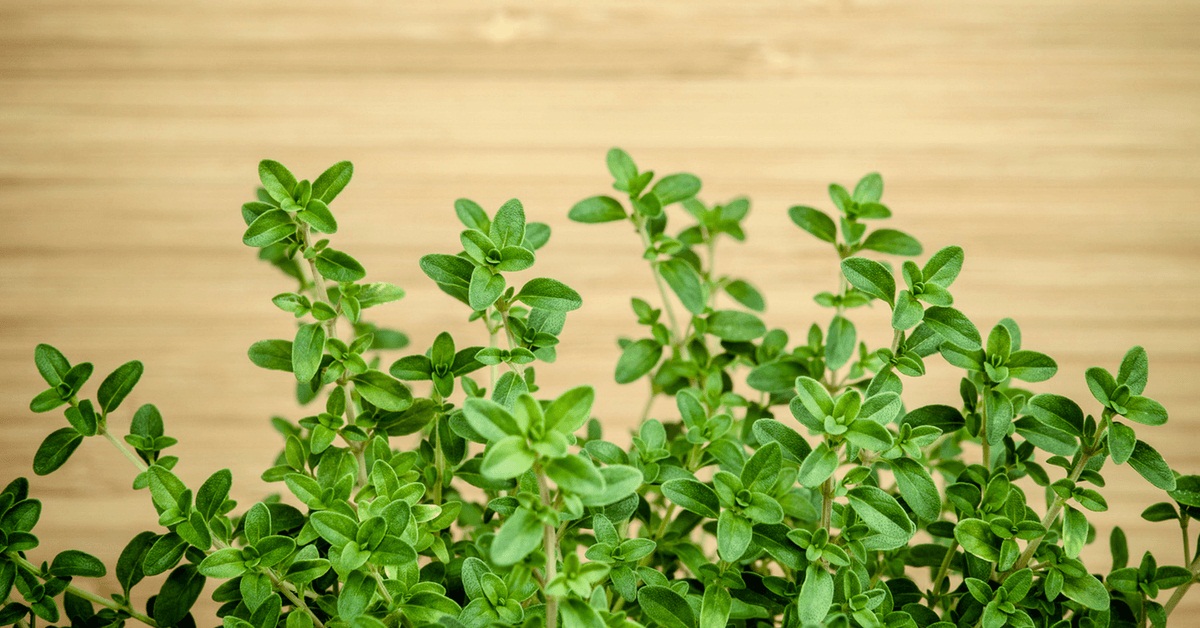
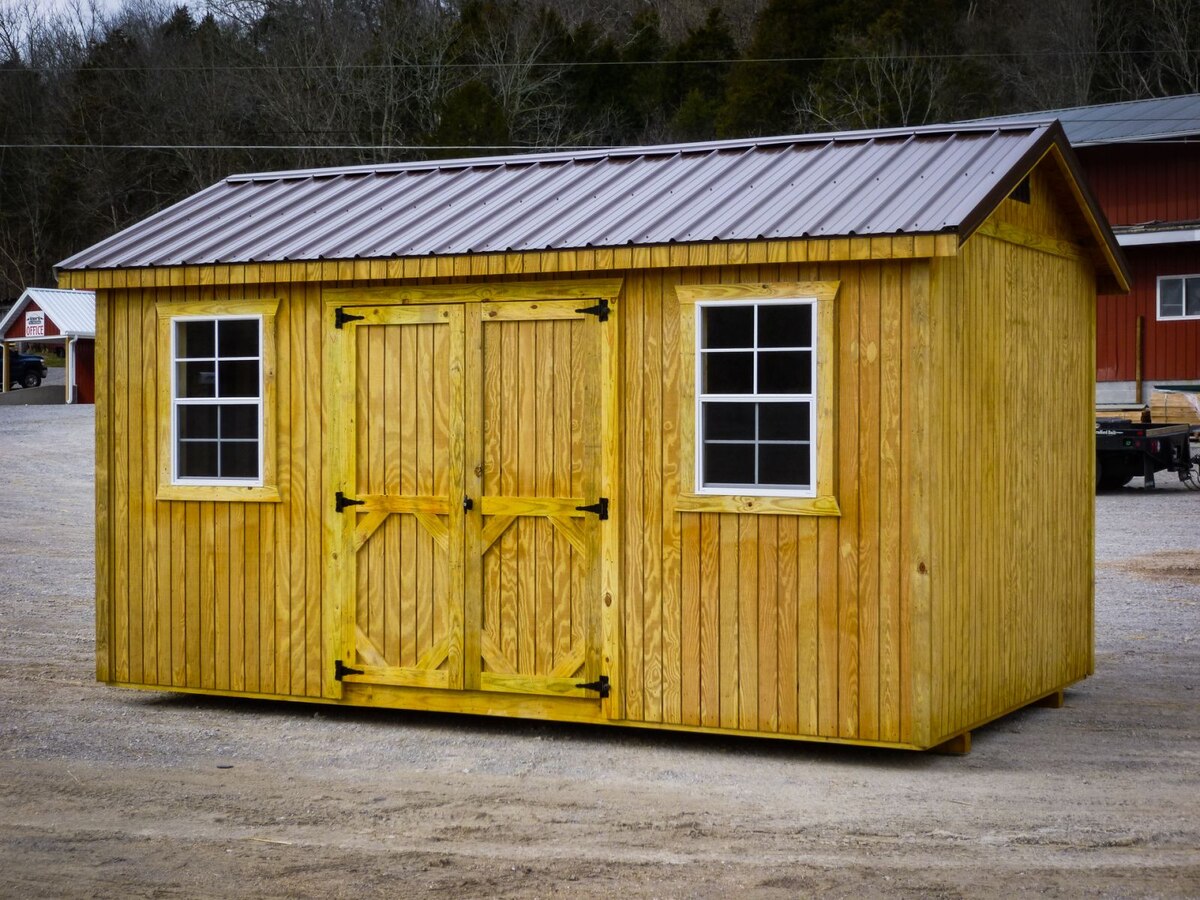


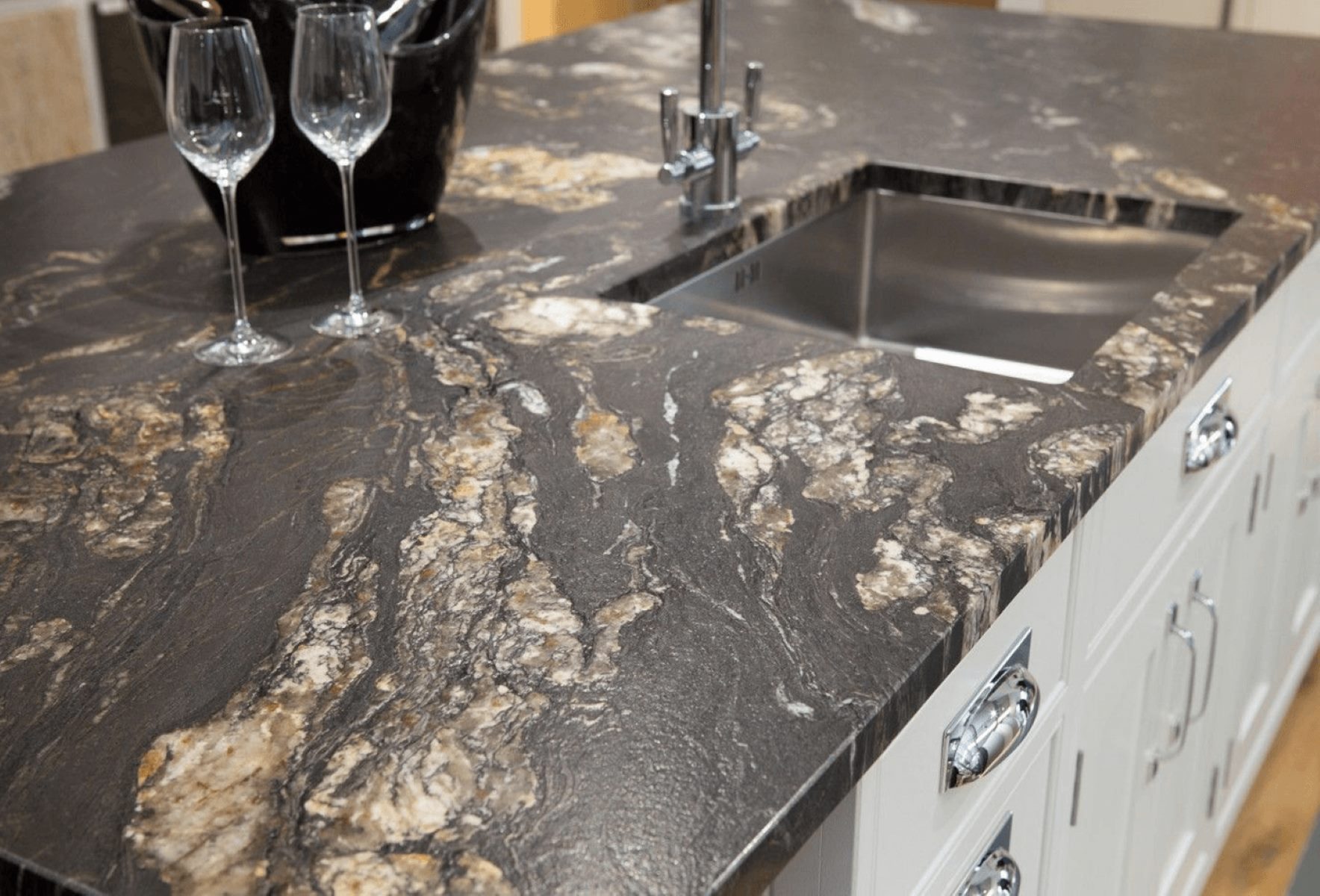



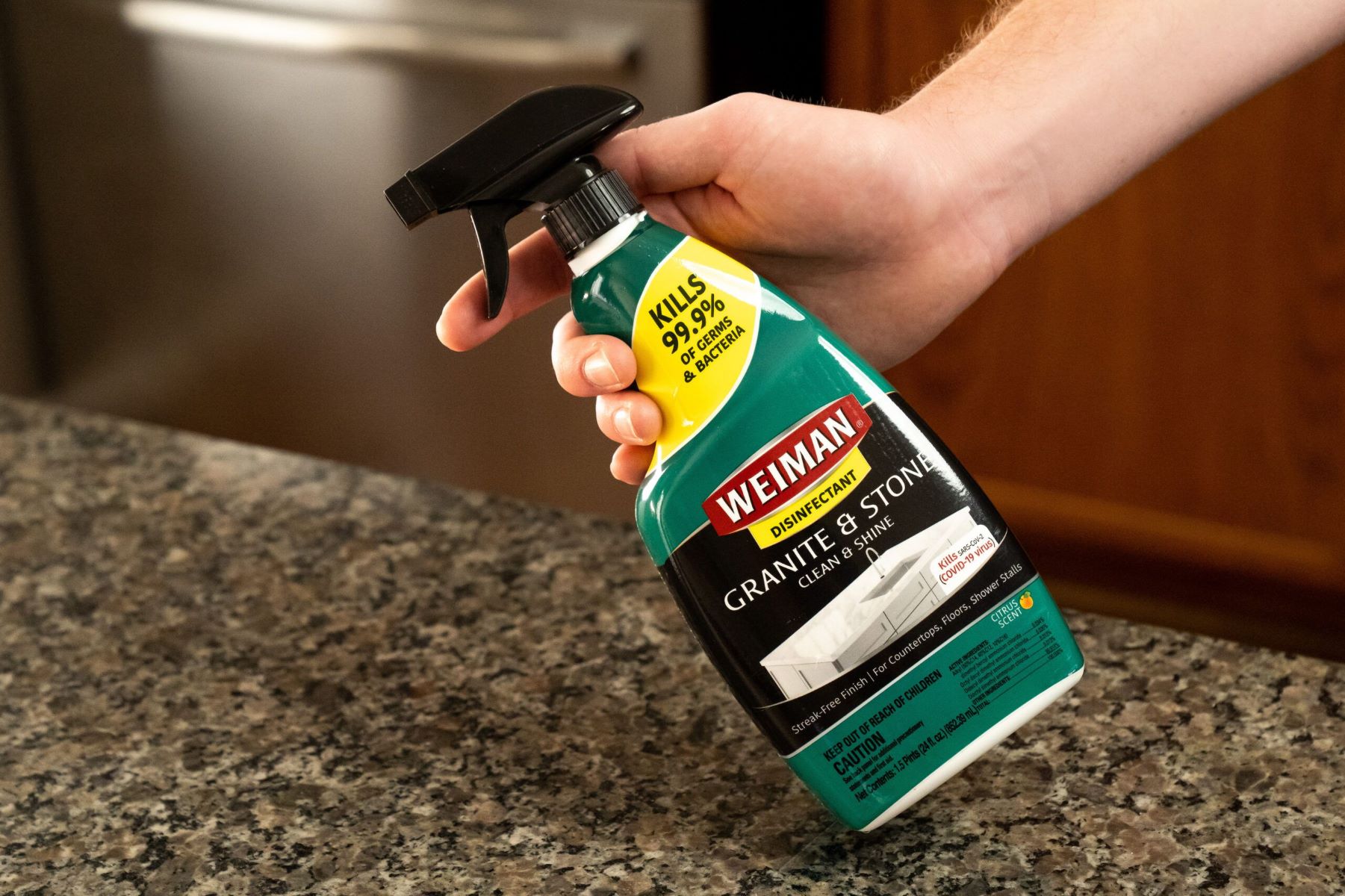
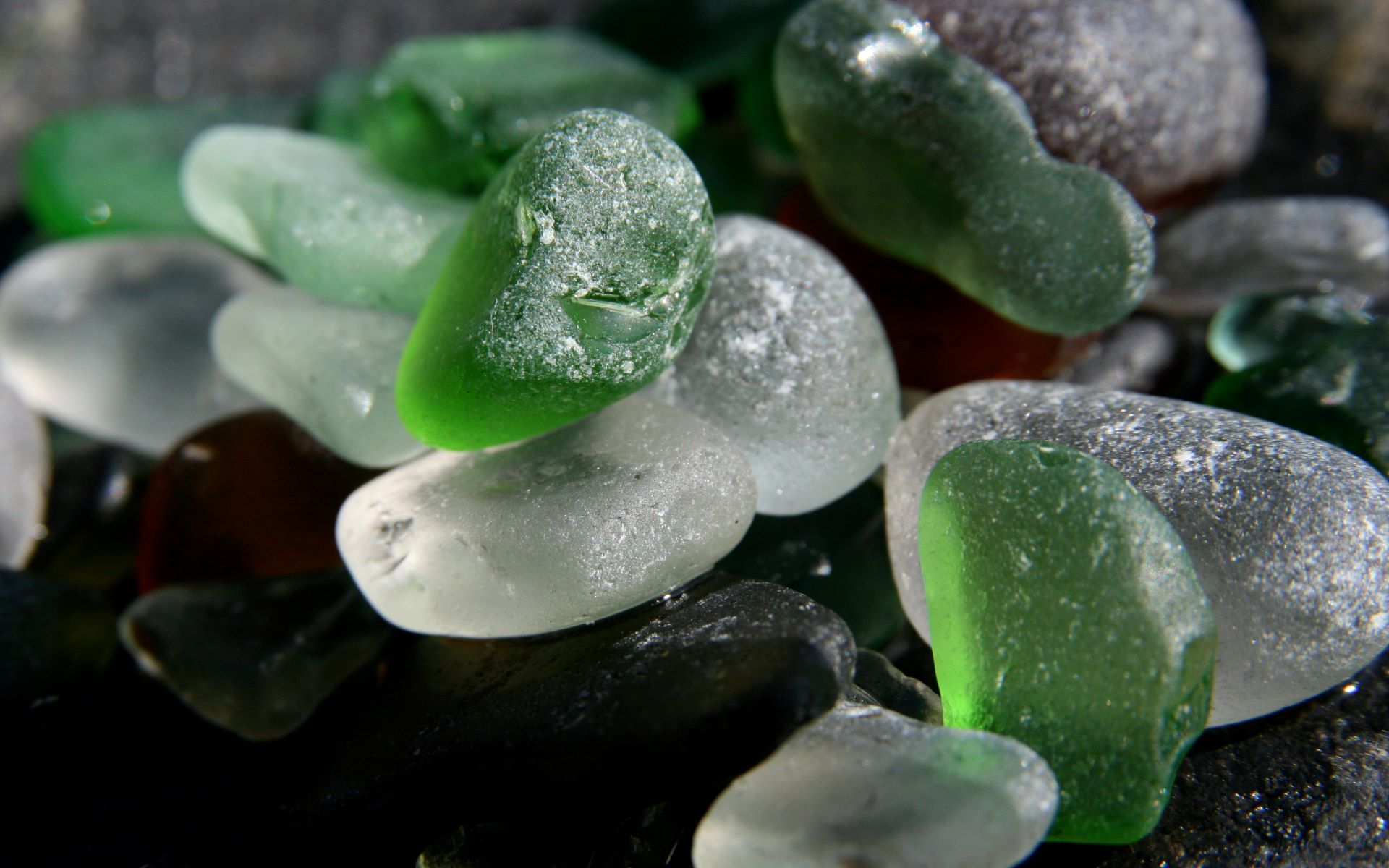


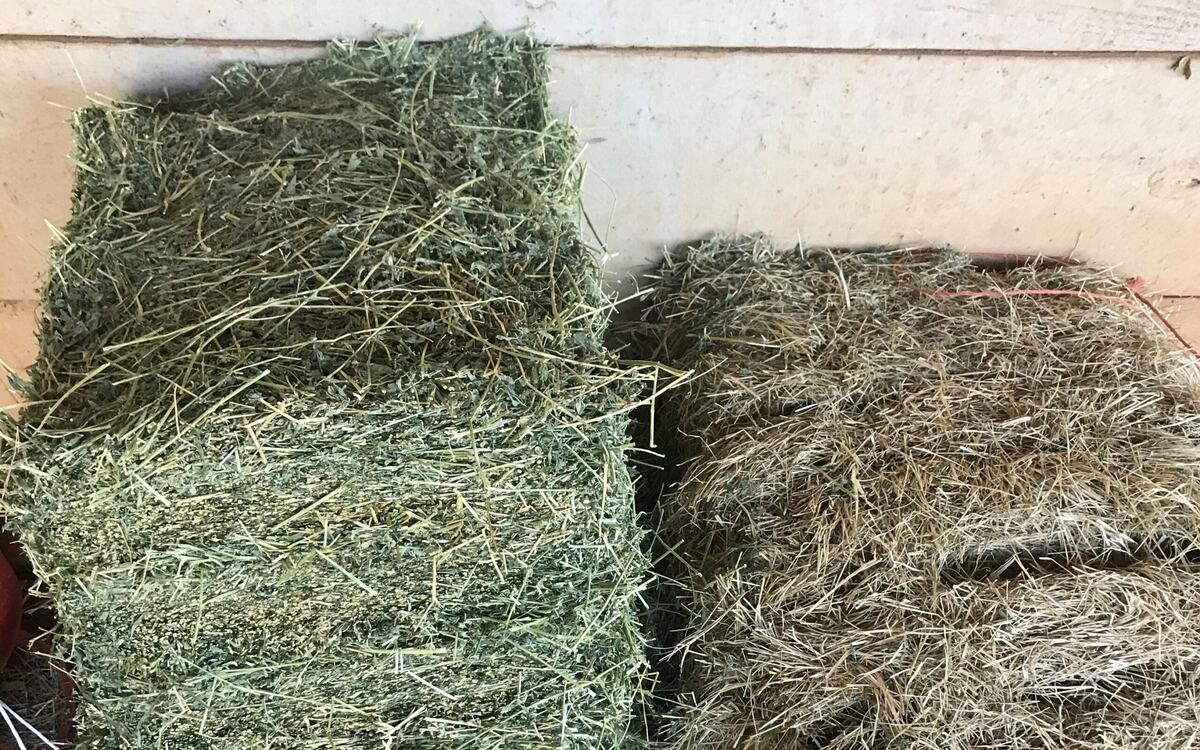

0 thoughts on “What Does Granite Countertops Look Like”